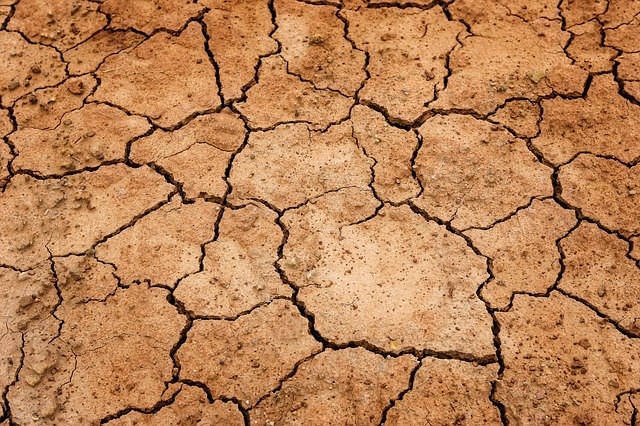
Alcohol acts as a diuretic. It causes the body to remove bodily fluids from the blood through the renal system, which consists of the ureters, kidneys, and bladder faster than other liquids. You might have come across the question “does alcohol cause dehydration?” The simple answer is yes.
When you do not drink enough water with alcohol, you will likely be dehydrated and suffer a hangover. A hangover is characterized by headaches, muscle spasms, nausea, vomiting, and overall poor moods. People suffering from hangovers tend to be weak and can cause one to call off in the office or any other activity as it is hard to be active while suffering from hangovers.
Reasons behind alcohol dehydration
- Drinking on an empty stomach
After taking a drink, both the alcohol and the beverage’s liquid pass through the stomach’s lining and the small intestines direct to the bloodstream. When you drink on an empty stomach, absorption of alcohol into the bloodstream takes just a few minutes. The process is quite different if you drink water or eat while taking alcohol. It will take much longer to be absorbed in the bloodstream.
- Alcohol is transformed in the liver and starts acting as a diuretic.
Alcohol is processed in the liver by enzymes leading to the formation of large amounts of a toxin called acetaldehyde. Acetaldehyde can be toxic; it is found in high quantities. To break this toxic substance called acetaldehyde, and get rid of it from the body, the liver performs the work to turn it into acetate. Alcohol reduces the production of vasopressin hormone. Vasopressin is a hormone that causes the body to hold onto water, limiting the amount of urine the kidney makes. Suppressing the hormone vasopressin exacerbates the diuretic effect leading to dehydration.
- Alcohol building up in the bloodstream
After entering the bloodstream, alcohol travels everywhere in the body, including the brain leading to loopy feeling and judgment impairment. Also, alcohol has a tendency to even get into the lungs and being released on exhalation. Traffic police use this idea to check drivers who drive while intoxicated. The test measures the amount of alcohol in the blood.
- The body metabolizes alcohol.
Body metabolism can turn components of alcohol into energy and nutrients. This metabolism happens with a rate of either one shot of liquor, a glass of wine, or one beer per hour. The process of metabolism uses water leading to dehydration of the body.
- Components of alcohol are flushed out from the body.
Acetate and other types of waste material are removed from the body in the form of water and carbon dioxide. Water is lost due to the effect of the vasopressin hormone. In the process of excretion, water is flushed out faster than alcohol. Consuming more alcohol, while the body is still processing a previous drink, can lead to blood alcohol concentration rising very quickly.
One can prevent dehydration by;
- Drinking plenty of water
- Limiting your alcohol intake
- Sticking to light-colored drinks
- Eating foods rich in vitamins and
- Knowing your limits when it comes to drinking alcohol
It is advisable to avoid excessive alcohol intake, leading to dehydration and fatal results like kidney and liver disorders. You can seek medical attention from Hangover Hospital Key West for any alcohol hangovers.
